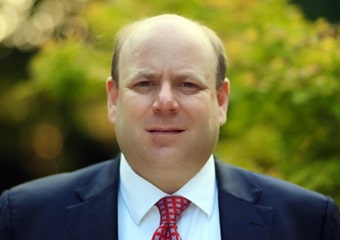There are new developments in the state constitutional crisis surrounding the implementation of State v. Langford, the landmark case that ended Solicitor Docket Control in South Carolina. On July 20, 2013, the Orangeburg Times & Democrat published an article entitled “Defense Attorneys Want a Role in Court Planning.” This article followed a press release from the South Carolina Association of Criminal Defense Lawyers responding to a shocking disclosure that Chief Justice Jean Toal has “met with an ‘informal working group’ of several solicitors and two lawmakers who once worked as prosecutors, Rep. Tommy Pope of Union and Sen. Greg Hembree of North Myrtle Beach, to come up with a new plan” for managing General Sessions Court dockets.
The disclosure that only prosecutors and former prosecutors are included in the “working group” implementing Langford is shocking because of the developments following our Supreme Court’s opinion in Langford. On the same day as Langford, the Court issued two administrative orders intended to implement Langford: Disposition of Cases in General Sessions Order and Uniform Differentiated Case Management Order. Both the Attorney General and the Solicitors’ Association of South Carolina petitioned the Court to rehear Langford. When denying these petitions, the Court also held in abeyance the implementation of these administrative orders. The Court’s order provided:
To assist this Court, a committee will be appointed by the Chief Justice to propose a plan for the implementation of the changes necessary to docket management in the court of general sessions in light of the decision in this case. The committee will include a wide range of stockholders including representatives from the South Carolina Solicitors’ Association, the South Carolina Public Defenders Association, the South Carolina Clerks of Court Association, Court Administration, the practicing bar and the judiciary.
All five of the Supreme Court Justices signed this order. Thus, a process not including all the identified stakeholders violates an order of the full Supreme Court.
Click these links to read State v. Langford, the order denying rehearing in Langford and providing for a stakeholders committee, and the Times & Democrat article entitled “Defense Attorneys Want a Role in Court Planning.”
Click these links to read prior blog posts entitled SC Supreme Court Watch: Implementation of State v. Langford and Constitutional Crisis: General Sessions Court Docket Management.
Disclosure: Charles Grose represented the South Carolina Public Defender Association asamicus curie in State v. Langford.
About SC Supreme Court Watch: SC Supreme Court Watch is a recurring series dedicated to identifying potentially significant criminal law issues pending before the Court and reporting administrative actions by the Court involving our state’s criminal justice system.



